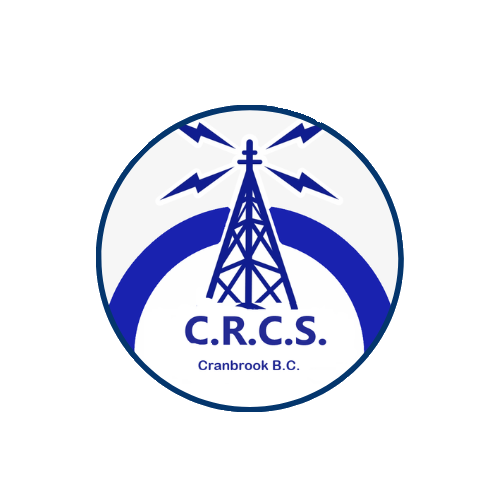Morse Code remains an invaluable skill within the amateur radio community, offering a unique method for transmitting messages across radio frequencies. Despite advancements in technology, Morse Code’s simplicity and efficiency in communication make it a favored mode during contests, emergencies, and for hobbyists seeking a challenge. Here are proven strategies and insights into how you can boost your Morse Code proficiency, drawing from the rich tradition and innovative practices within the Cranbrook Radio Club Society (CRCS).
Understanding Morse Code
Morse Code translates the 26 letters of the English alphabet and 10 numerals into combinations of dots (short signals) and dashes (long signals). It was developed in the 1840s for telegraph communications and has since been adapted for radio and other signaling devices.
Start with the Basics
-
Learn the Morse Code Characters: Begin by memorizing the Morse Code alphabet, starting with letters that occur more frequently in the English language, such as E (·), T (−), A (·−), I (··), and N (−·).
-
Use Mnemonics and Visual Aids: Mnemonics can turn abstract codes into memorable phrases. For example, the Morse for B is “−···”, which can be memorized as “Burger.”
Practice Regularly
- Structured Practice Sessions: Dedicate specific times of the day for Morse Code practice to build a routine. Start with brief, focused sessions of 15-20 minutes to avoid fatigue.
- Listening Practice: Use online Morse Code practice software like LCWO (Learn CW Online) or apps such as “Morse Mania” to listen to Morse Code. Listening helps internalize the rhythm and pattern of various characters.
Increase Speed Gradually
-
Farnsworth Method: This technique involves learning Morse Code at higher speeds but with longer spaces between characters. It helps learners get accustomed to recognizing the sound patterns quickly without overwhelming them.
-
Koch Method: Start with two Morse Code characters at full speed. Once you achieve 90% proficiency in copying these, add another character to the mix. Continue this process until you can handle more characters.
Engage with the Community
-
Join Morse Code Nets: Participate in Morse Code practice nets, where operators practice Morse Code at varying speeds. It’s an effective way to improve your listening skills and speed in a supportive environment.
-
QSO (Conversation) Practice: Engage in QSOs with other ham radio operators. These real-life Morse Code conversations are crucial for developing fluency.
Tools and Technology
-
Software Aids: Utilize software like “CW Skimmer” or “FlDigi” that decode Morse Code signals. These tools can provide real-time feedback on what you’re copying, helping to identify areas for improvement.
-
Use a Morse Code Key: Practice with an actual Morse Code key, such as a straight key or iambic paddle. This hands-on experience is invaluable for learning proper timing and rhythm.
Stay Motivated and Expand Your Skills
-
Set Achievable Goals: Whether it’s increasing your words per minute (WPM) rate or participating in a Morse Code contest, setting goals keeps you motivated.
-
Learn From Mistakes: Keep a log of your practice sessions and note any recurring mistakes. Reviewing these can help you focus on areas that need improvement.
-
Explore Historical Aspects: Learning about the history of Morse Code and its role in various historical contexts can deepen your appreciation and enthusiasm for Morse Code.
Improving your Morse Code proficiency is a rewarding endeavor that enhances your capabilities as an amateur radio operator. By embracing both traditional methods and modern tools, you can enjoy the process of mastering Morse Code. The Cranbrook Radio Club Society encourages you to explore this fascinating aspect of ham radio, offering both personal satisfaction and a vital skill set that can aid communications in myriad scenarios.




